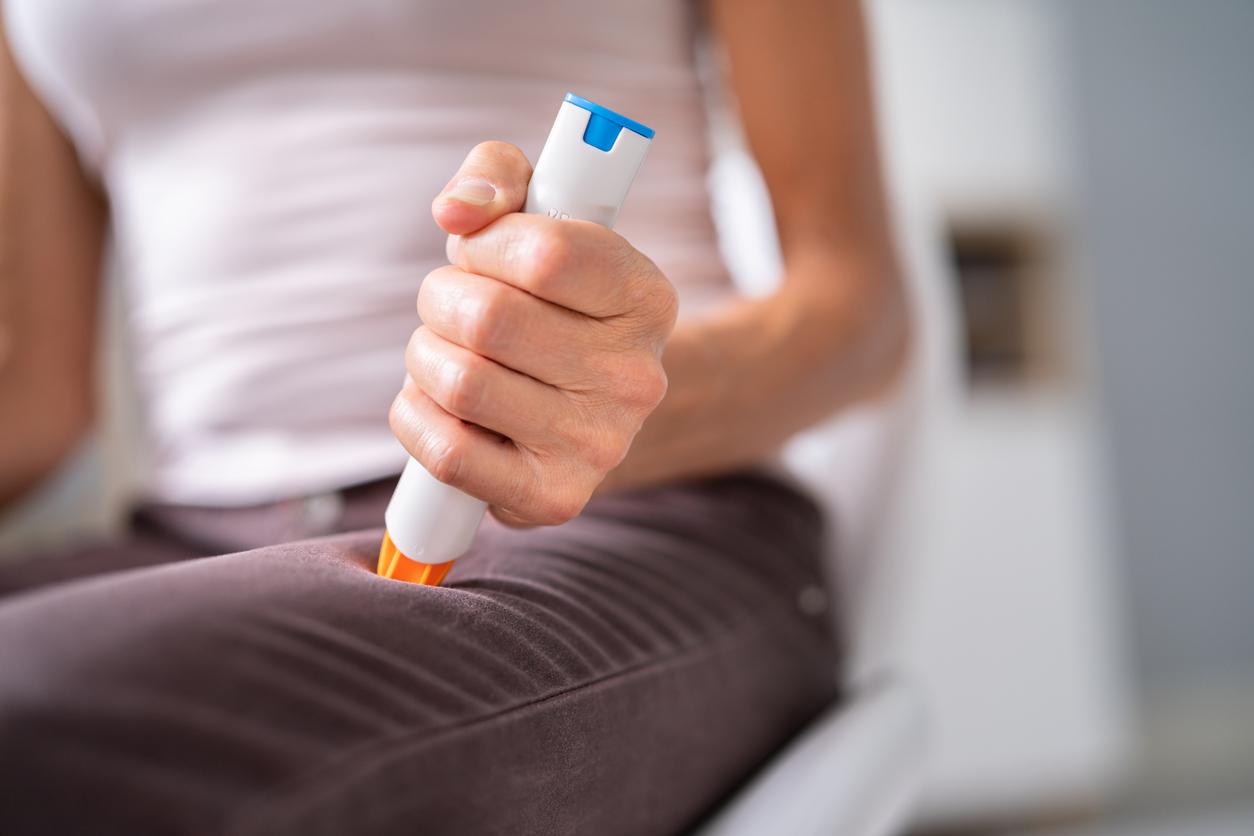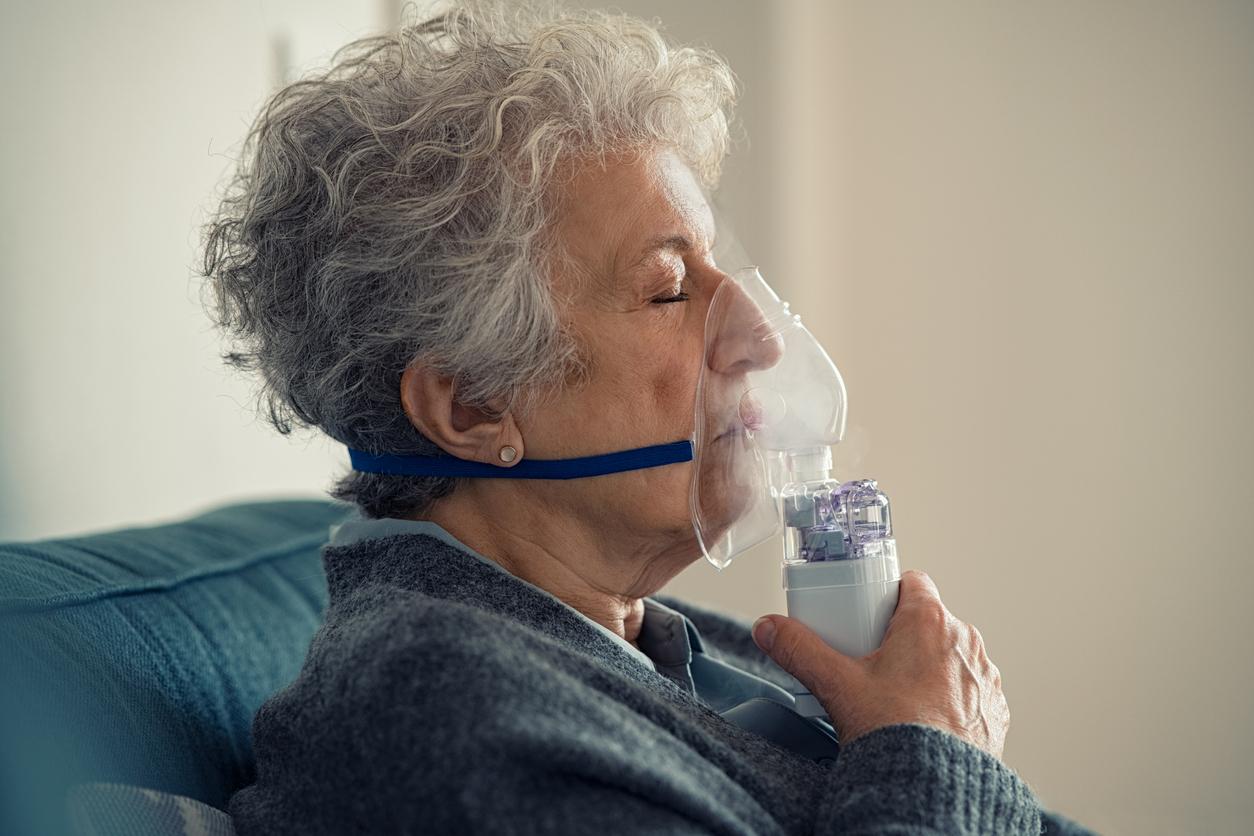The ANSM warns of the dangers of ibuprofen and ketoprofen, which caused several hospitalizations, sequelae and 42 deaths between 2000 and 2018.

A national pharmacovigilance survey on ibuprofen and ketoprofen was conducted by thehe regional pharmacovigilance centers of Tours and Marseille following reports of serious infectious complications related to taking these anti-inflammatories. “The objective of this investigation was to determine if these serious infectious complications were favored “by taking these drugs” or if they reflected the evolution of the initial infectious pathology”, explains the Medicines Agency (ANSM) in a report returned April 18.
42 deaths in 18 years
But the results are clear and the findings alarming: of all the cases reported since 2000, “337 cases of infectious complications with ibuprofen and 49 cases with ketoprofen were retained after taking into account only the cases the most serious in children or adults (often young) without risk factors or comorbidities”.
We’re talking here”severe skin and soft tissue infections (dermohypodermitis, necrotizing fasciitis, etc.), sepsis, pleuro-pulmonary infections (pneumonia complicated by abscess, pleurisy), neurological infections (empyema, brain abscess, etc.) or complicated ENT (cellulitis, mediastinitis, etc.), leading to hospitalizations, sequelae or even death”. In total, “in 18 years, from 2000 to 2018, 337 cases of infectious complications including 32 deaths have been listed for ibuprofen and 46 cases including ten deaths with ketoprofen”, explains to AFP Dr Philippe Vella, director analgesic drugs at the ANSM.
These infectious complications, mainly due to Streptococcus or at Pneumococcus, were observed after treatments of 2 to 3 days, sometimes associated with taking antibiotics. In these cases, ibuprofen or ketoprofen were prescribed or taken as self-medication in the event of fever, benign skin lesions with an inflammatory appearance (local reaction, insect bite, etc.), respiratory manifestations (cough, lung infection, etc.) or ENT (dysphagia, angina, otitis, etc.). However, as the ANSM specifies, these drugs “are already known to be the cause of serious bacterial skin complications”, when they are used for example “during chickenpox and must be avoided in this case” .
ANSM recommendations
Favor the use of paracetamol in the event of pain and/or fever, particularly in the context of a common infection such as angina, nasopharyngitis, otitis, cough, lung infection, skin lesion or chickenpox, in particular in self-medication.
The rules of good use in case of pain and/or fever
- Prescribe and use NSAIDs at the lowest effective dose, for the shortest duration
- Stop treatment as soon as symptoms disappear
- Avoid NSAIDs for Chickenpox
- Do not extend treatment beyond 3 days in case of fever
- Do not prolong the treatment beyond 5 days in case of pain
- Do not take two NSAIDs1 the same time
.

















